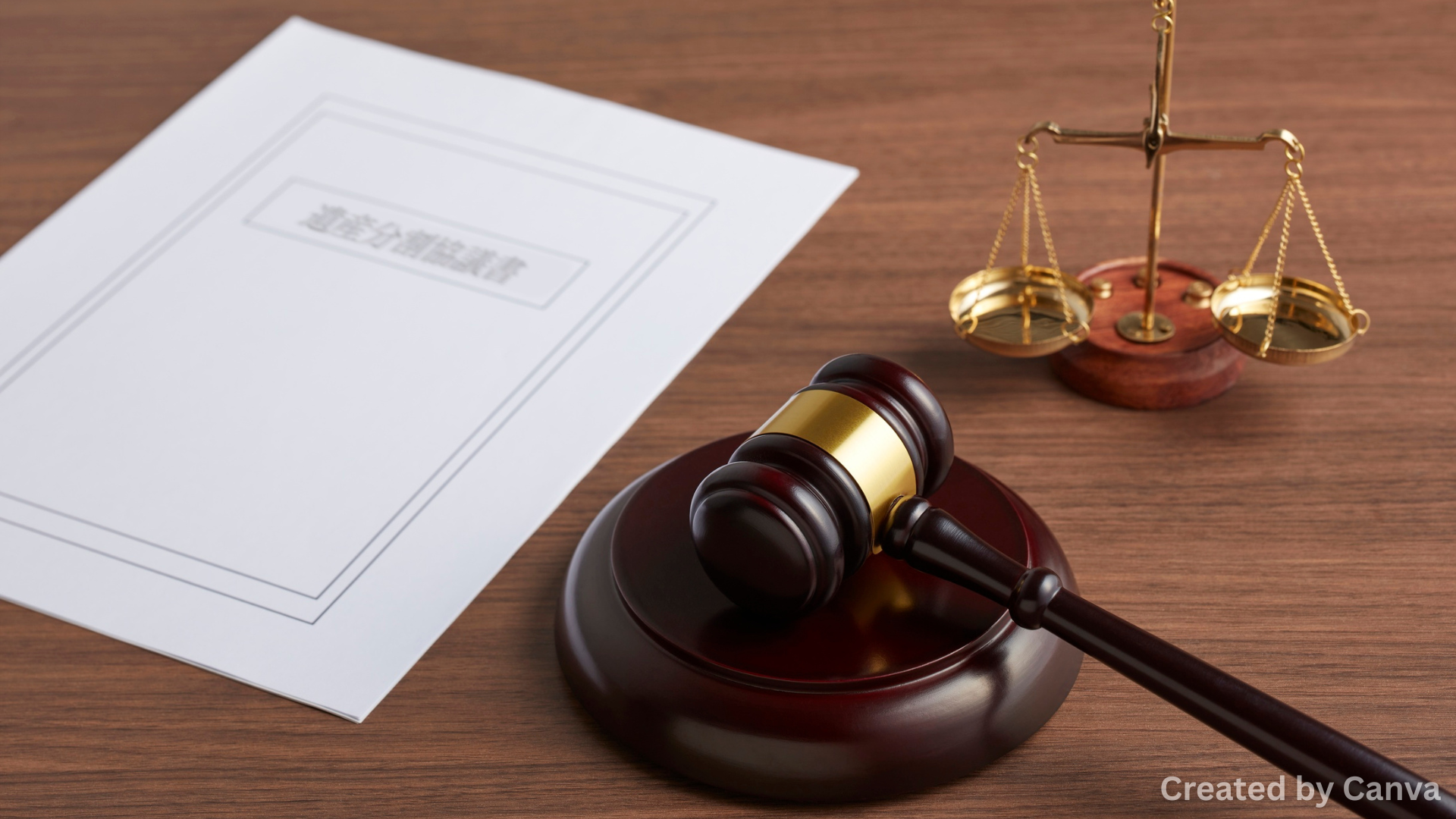Insurance adjusters play a crucial role in determining your accident case’s worth. They wield significant power over your future after an injury. Their decisions can greatly affect your compensation and recovery.
At InjuryClaimCalculator.us, we see how these interactions shape outcomes for accident victims. Adjusters act as gatekeepers between you and the compensation you deserve. They investigate accidents, review medical records, and determine settlement offers.
Adjusters may seem helpful, but their main loyalty is to the insurance company. Their job performance is measured by minimizing payouts and resolving claims quickly. This can conflict with your best interests.
Understanding the claim evaluation process is vital for protecting your rights. Adjusters examine evidence, determine liability, and negotiate settlements based on company guidelines. Their focus is on the company’s bottom line, not your personal needs.
Being prepared for interactions with adjusters can significantly impact your recovery journey. Knowing their methods helps you advocate for fair compensation. This knowledge empowers you to navigate the claims process more effectively.
Role of Insurance Adjusters
Insurance adjusters are crucial in determining compensation for injury claims. They investigate, evaluate, and decide how much you’ll receive. These professionals represent insurance companies throughout the claims process.
Adjusters protect their employer’s financial interests while resolving claims. They gather evidence, assess liability, and calculate settlement offers. Their expertise makes them skilled negotiators in conversations with injured parties.
The Three Types of Insurance Adjusters You Might Encounter:
- Company Adjusters – Employees who work directly for the insurance company and handle claims exclusively for their employer
- Independent Adjusters – Contractors hired by insurance companies to handle claims, often during high-volume periods or for specialized cases
- Public Adjusters – The only type that works for policyholders rather than insurance companies, typically involved in property damage claims rather than injury cases
Adjusters conduct thorough investigations by collecting and analyzing all relevant evidence. They review police reports, accident photos, and property damage assessments. Medical records are scrutinized to verify your injuries.
Witness statements are crucial in the adjuster’s investigation. They may interview people who saw the accident or follow up on existing statements. Sometimes, adjusters arrange surveillance to verify that your injuries match your claim.
Determining fault is a key responsibility of insurance adjusters. This decision affects claim approval and compensation amount. They apply company interpretations of state laws and insurance policies to make this call.
Adjusters use specialized software to calculate claim values. These programs apply formulas to your medical expenses, lost wages, and other damages. They then negotiate within certain limits based on these calculations.
Insurance adjusters evaluate whether your medical treatment was necessary and reasonable. They may consult experts to determine if your care was appropriate. Treatment deemed excessive may be excluded from their settlement offer.
Understanding adjusters’ roles gives you valuable perspective when navigating your claim. They actively investigate, evaluate, and negotiate every aspect of your case. This knowledge helps you approach interactions with adjusters more strategically.
Common Tactics Used by Adjusters
Insurance adjusters use various tactics to minimize claim payouts. Knowledge is your best defense when dealing with insurance companies after an injury. Adjusters aim to reduce the amount their company pays on claims.
A common tactic is the quick settlement offer. Adjusters may contact you soon after an accident with a seemingly generous offer. This approach aims to catch you before you understand your injuries’ full extent.
Adjusters often request recorded statements, claiming it’s for efficiency. However, these recordings can be analyzed and used against you later. Your words might be interpreted as admitting fault or downplaying injuries.
Claimants are often asked to sign broad medical authorization forms. These forms may grant access to your entire medical history. Adjusters can then search for pre-existing conditions to dispute your claim.
Deliberate delay is another tactic adjusters use. By prolonging the claims process, they create financial pressure. This approach aims to make you accept a lower settlement out of desperation.
Adjusters may question the necessity of your medical treatments. They might suggest certain procedures were excessive or unnecessary. They may also downplay the severity of your injuries.
At InjuryClaimCalculator.us, we’ve seen these tactics in many insurance adjusters injury claim negotiations. Recognizing these strategies helps you counter them effectively.
Some adjusters use complex policy terms to confuse claimants. They might reference obscure provisions without proper explanation. This tactic hopes you’ll accept their interpretation without question.
Not all adjusters are dishonest. However, remember their job is to save their company money. Approach the claims process with caution and preparation.
How Adjusters Evaluate Claims
Adjusters use a detailed method to evaluate claims, which can affect your settlement outcome. We’ve analyzed their approach to assessing injury claims. This knowledge can help you navigate the process and potentially secure a fairer settlement.
After filing a claim, an adjuster will contact you for information about the accident and injuries. This initial contact starts a thorough evaluation process to determine the insurance company’s payout.
Investigation of Liability
The first step in claim evaluation is determining fault for the accident. Adjusters review all available evidence, including:
- Police reports and accident records
- Witness statements and testimonies
- Photographs of the accident scene
- Video footage when available
- Vehicle damage assessments
In complex cases, adjusters may consult accident reconstruction experts to clarify what happened. Their goal is to determine each party’s fault percentage, which affects claim value.
Assessment of Damages
After establishing liability, adjusters evaluate the financial impact of your injuries. They review your medical documentation to verify:
- The nature and extent of your injuries
- All treatments received and their necessity
- Whether the charges are reasonable for your location
- Any potential pre-existing conditions
- Projected future medical needs
Many insurance companies use software like Colossus to calculate claim values. These programs assign dollar amounts to injuries based on historical data and internal guidelines.
The software considers personal variables that can affect your claim value, including:
- Your age and occupation
- Geographic location
- Presence of permanent injuries
- Visible scarring or disfigurement
- Impact on quality of life
Calculating Economic and Non-Economic Damages
Adjusters evaluate economic damages by reviewing concrete financial losses. For lost wages, they examine employment records and doctor’s notes about work restrictions.
For non-economic damages like pain and suffering, adjusters apply a multiplier to medical expenses. This multiplier usually ranges from 1.5 to 5, depending on injury severity.
Settlement negotiation often centers around disagreements about which multiplier is appropriate for your case. Adjusters look for ways to minimize your claim value. They scrutinize your medical records for:
- Gaps in treatment that might suggest your injuries aren’t serious
- Pre-existing conditions they can blame for your symptoms
- Inconsistencies in your statements about the accident or injuries
- Evidence of activities that contradict your claimed limitations
- Treatments they can argue were excessive or unnecessary
Understanding this process gives insight into how adjusters approach your claim. You can better prepare your documentation and avoid common pitfalls.
Adjusters also negotiate settlements while protecting their employer’s interests. This conflict of interest shows why it’s crucial to understand their evaluation methods.
Tips for Dealing with Adjusters
Smart strategies can boost your insurance settlement outcome. InjuryClaimCalculator.us offers effective approaches for injury victims. Good communication with adjusters protects your rights and maximizes compensation.
Here are six key strategies to handle insurance adjusters effectively:
Be Careful What You Say
Adjusters are trained to find info that could devalue your claim. Avoid giving recorded statements without legal advice. Stick to basic accident facts without guessing who’s at fault.
Don’t downplay your injuries or symptoms. Casual comments can hurt your claim’s value. Remember, adjusters may use friendly chat to gather damaging information.
Don’t Accept the First Offer
Initial offers are usually low to test your knowledge. These are often well below your claim’s true value. Treat the first offer as a starting point for negotiations.
Adjusters use tactics to close claims quickly and cheaply. Understanding this helps you respond confidently and push for fair compensation.
Limit Medical Authorizations
Be wary of signing blanket medical authorizations. These can give adjusters access to your entire medical history. Only provide access to records directly related to your accident injuries.
Use limited medical releases specifying which records the insurer can access. This protects your privacy while providing necessary claim documentation.
Document Everything
Good documentation strengthens your position against adjuster tactics. Keep a detailed journal of your recovery and pain levels. Save all correspondence with the insurance company.
Record dates, times, and content of all adjuster discussions. This documentation creates an evidence trail that’s valuable if disputes arise later.
Don’t Sign Anything Without Review
Insurance documents often contain complex legal language. Never sign anything from an adjuster without careful review. Seek professional advice if you’re unsure about a document’s meaning.
Be extra careful with releases or settlement agreements. Once signed, these typically prevent you from seeking more compensation later.
Know Your Claim’s Value
Understanding your claim’s worth gives you leverage in negotiations. Research similar cases and know all potential damages you can receive. Your claim value should include medical expenses, lost wages, and pain and suffering.
InjuryClaimCalculator.us helps victims calculate fair claim value. We consider both current and future impacts of injuries. This knowledge strengthens your position when evaluating settlement offers.
These strategies help level the playing field with professional adjusters. Adjusters handle claims daily, while most victims rarely face this process. This experience gap gives adjusters an edge unless you’re prepared.
Using these six tips protects your rights and improves fair compensation chances. Stay vigilant, patient, and informed throughout the claims process.
When to Consult a Lawyer
Some people handle minor injury claims on their own. However, certain situations require professional legal help. Seek an attorney if your injuries are serious or might have long-term effects.
These cases often involve high medical costs and lost wages. Insurance adjusters typically undervalue these expenses. Legal representation is crucial if the insurance company disputes liability or shifts blame to you.
Red flags that signal it’s time to call a lawyer include:
• The adjuster denies your claim despite clear evidence
• You receive a settlement offer far below your actual damages
• The adjuster uses pressure tactics or misleading statements
• Your case involves multiple parties or complex liability issues
Personal injury attorneys understand how insurance adjusters evaluate claims. They can counter their strategies effectively. Lawyers know how to document damages, gather evidence, and negotiate from a position of strength.
Having legal representation shows insurance companies you’re serious about fair compensation. Many attorneys offer free consultations. They often work on contingency fees, meaning you pay nothing unless they win your case.








